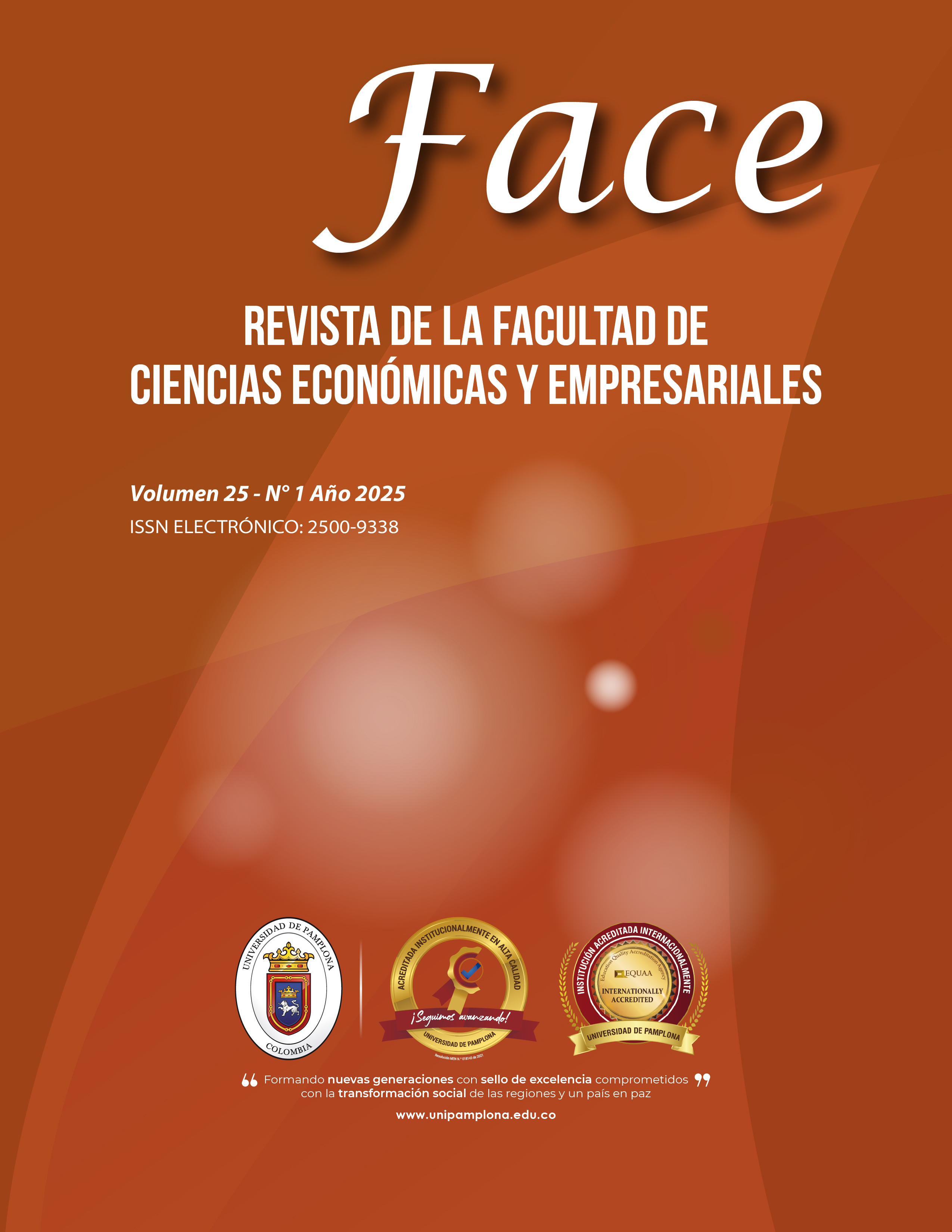Experiential marketing and its influence on the purchasing behavior of Movistar brand customers in the province of Manabí -Ecuador
DOI:
https://doi.org/10.24054/face.v25i1.3573Keywords:
Experiential marketing, Purchasing behavior, Memorable experiences, Customer loyalty, Brand perception, Emotional relationshipAbstract
The present study analyzes the influence of experiential marketing on the purchasing behavior of Movistar customers in Manabí through a non-experimental quantitative design. Using a longitudinal inductive approach and surveys with a Likert questionnaire, high reliability (A = 0.951) and a significant correlation between experiential marketing and purchasing behavior (R = 0.850, p < 0.001) were found. The general and specific hypotheses were confirmed, demonstrating that sensory, emotional and relationship experiences positively influence customers' purchasing decisions. These results support Movistar's strategy in Manabí to strengthen emotional connection and customer loyalty through experiential marketing, validating its effectiveness in this specific market context.
Downloads
References
Arnould, & Price. (1993). River Magic: Extraordinary Experience and the Extended Service Encounter. Journal of Consumer Research, 24-45. DOI: https://doi.org/10.1086/209331
Babbie, E. (2016). The practice of social research 14th ed. Cengage.
Brakus, J., Schmitt, B., & Zarantonello, L. (2009). Brand experience: What is it? How is it measured? Does it affect loyalty? Journal of Marketining, 52-68. DOI: https://doi.org/10.1509/jmkg.73.3.052
Carbone, L., & Haeckel, S. (1994). Engineering customer experiences. Marketing Management.
Hair, J., Black, W., Babin, J., & Anderson, R. (2019). Multivariate data analysis 8th ed. Cengage.
Holbrook, M. (1982). On the Nature of Customer Value: An Axiology of Services in the Consumption Experience. Chicago: American Marketing Association., 132-142.
Kotler, P., & Armstrong, G. (2012). Principles of Marketing. Pearson Education.
Kotler, P; Kartajaya, H; Setiawan, L. (2017). Marketing 4.0: Moving from traditional to digital. John Wiley & Sons.
MacInnis, W. H. (2001). Consumer Behavior. Houghton Mifflin Company.
Meyer, C., & Schwager, A. (2007). Understanding Customer Experience. Harvard Business Review, 116-126.
Peter, P., & Olson, J. (2010 ). Consumer Behavior and Marketing Strategy. McGraw-Hill Education.
Pine, B., & Gilmore, J. (2011). The Experience Economy: Work Is Theatre & Every Business a Stage. Harvard Business Press.
Pine, J., & Gilmore, J. (2011). The Experience Economy: Updated Edition. Harvard Business Review Press.
Schmitt, B. (1999). Experiential Marketing: How to Get Customers to Sense, Feel, Think, Act, Relate. Free Press.
Sekaran, U., & Bougie, R. (2016). Research methods for business: A skill-building approach 7th ed. Wiley.
Solomon, M., Dahl, D., White, K., Zaichkowsky, J., & Polegato, R. (2014). Consumer behavior: Buying, having, and being. . Canada: Pearson Education .
Suárez, C., & Salazar, R. (2016). La influencia del marketing experiencial en el comportamiento del consumidor: Revisión teórica. Entramado.
Published
How to Cite
Issue
Section
License
Copyright (c) 2025 FACE: Revista de la Facultad de Ciencias Económicas y Empresariales

This work is licensed under a Creative Commons Attribution-NonCommercial-ShareAlike 4.0 International License.





